Join a powerful, unprecedented alliance for better eye health for all.
Join IAPBUniversal Health Coverage means everyone being able to access free or affordable quality eye health services without putting themselves in financial hardship.
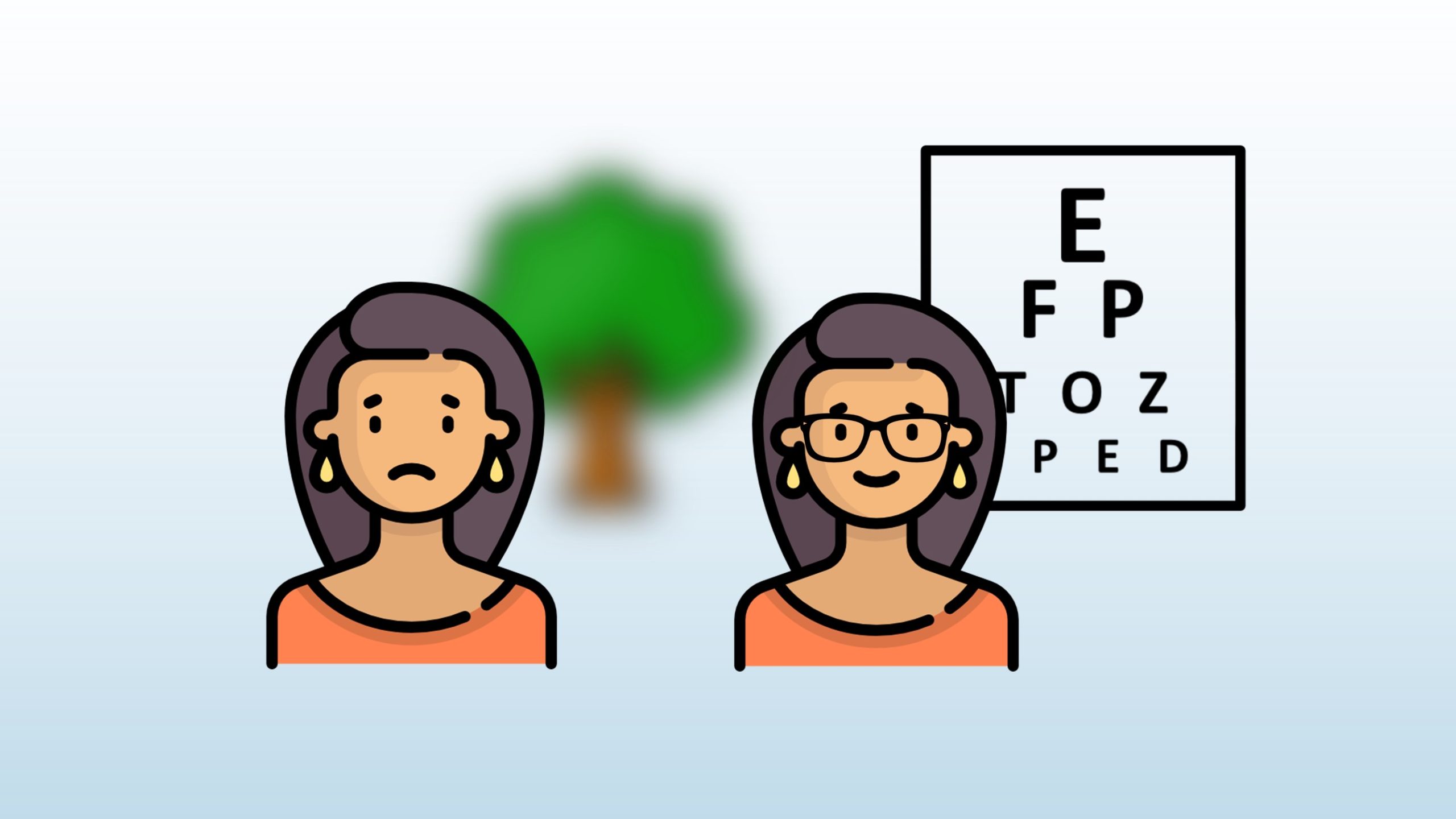
08.11.2022
Learn more about effective refractive error coverage (eREC) and effective cataract surgical coverage (eCSC) – the two new ambitious global targets for 2030.
Learn more about effective refractive error coverage (eREC) and effective cataract surgical coverage (eCSC) – the two new ambitious global targets for 2030.
08.11.2022
No Related Videos
Effective refractive error coverage (eREC) and effective cataract surgical coverage (eCSC) are the two new ambitious global targets for 2030.
Read more about the global commitments to eye health and Universal Health Coverage made at the United Nations and the World Health Assembly.
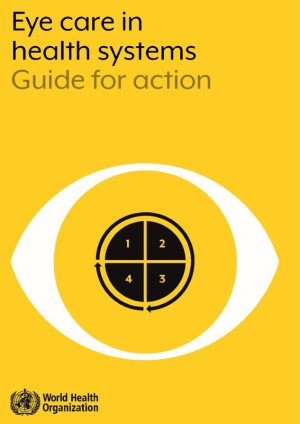
The Lancet Global Health Commission on Global Eye Health explores what the delivery of high-quality eye care involves within universal health coverage. Best accessed on desktop.
The World Report on Vision reminds us that eye care contributes both to the target of UHC and the advancement of SDG 3 on health and well-being. Best accessed on desktop.
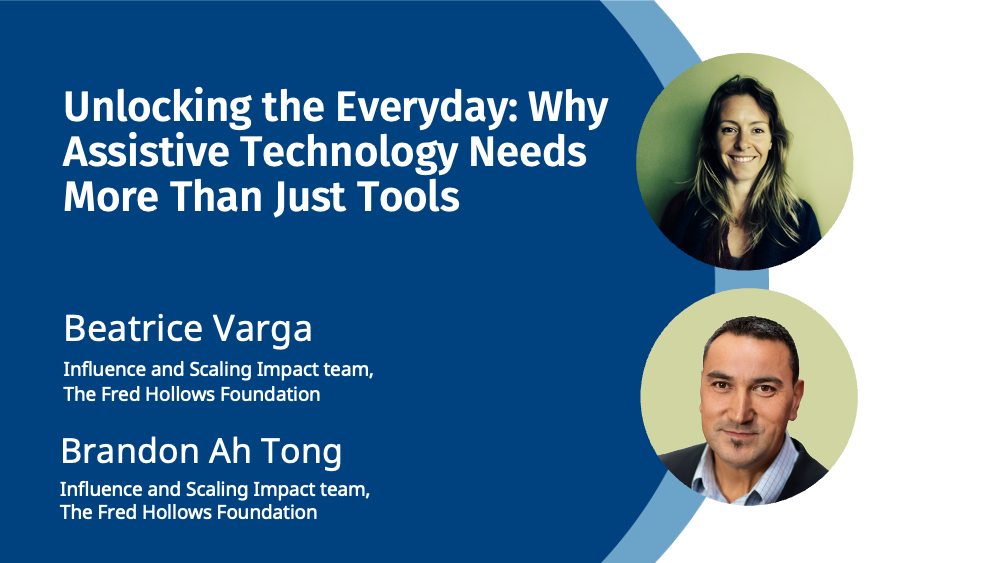
20.06.2025
Beatrice Varga / Brandon Ah Tong
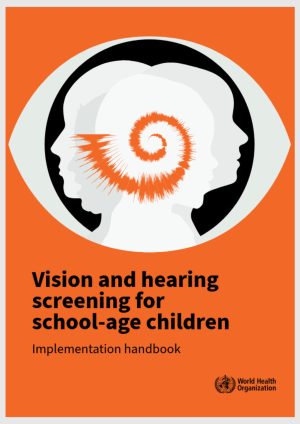
21.05.2025
This handbook provides practical guidance to support the establishment of sensory screening programmes for school-age children.
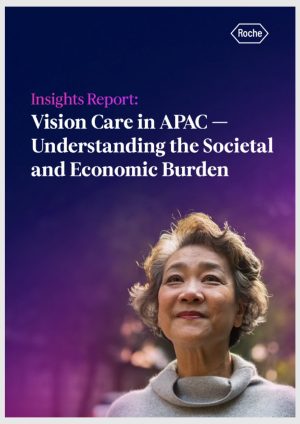
23.04.2025
This report outlines how an ageing population, rising diabetes rates, and low awareness of retinal conditions in Asia Pacific are reshaping vision care, highlighting new opportunities to improve care through existing systems.
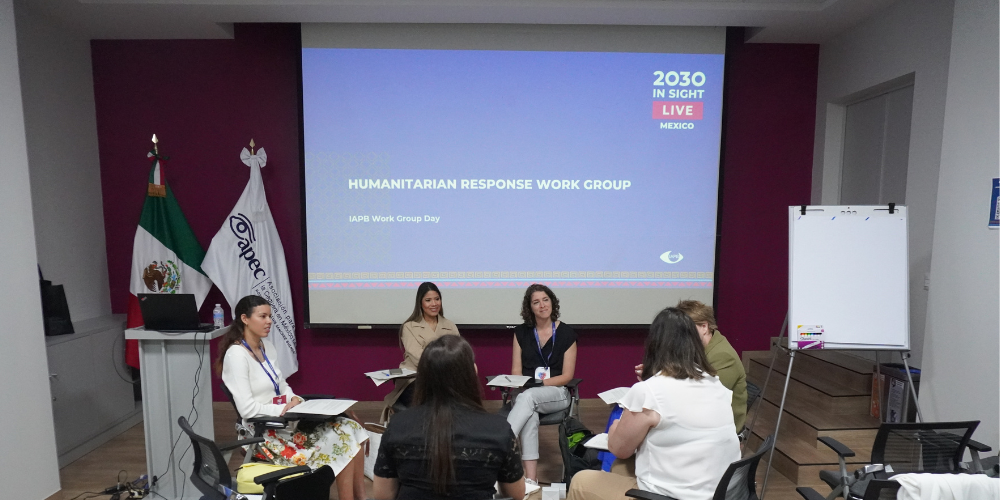
27.03.2025
Becki Perryman

25.03.2025
Kristine Nyabera

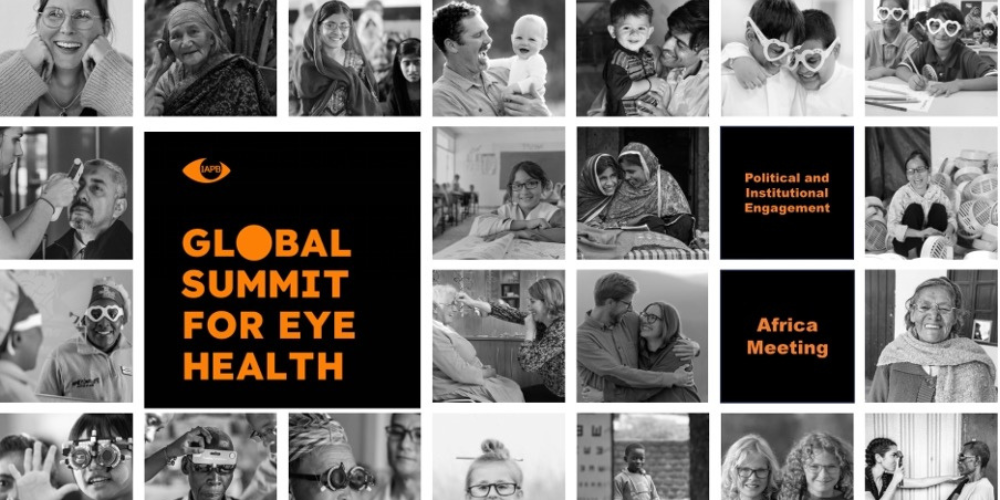
25.03.2025
Kristine Nyabera

25.03.2025
Annette Kobusingye
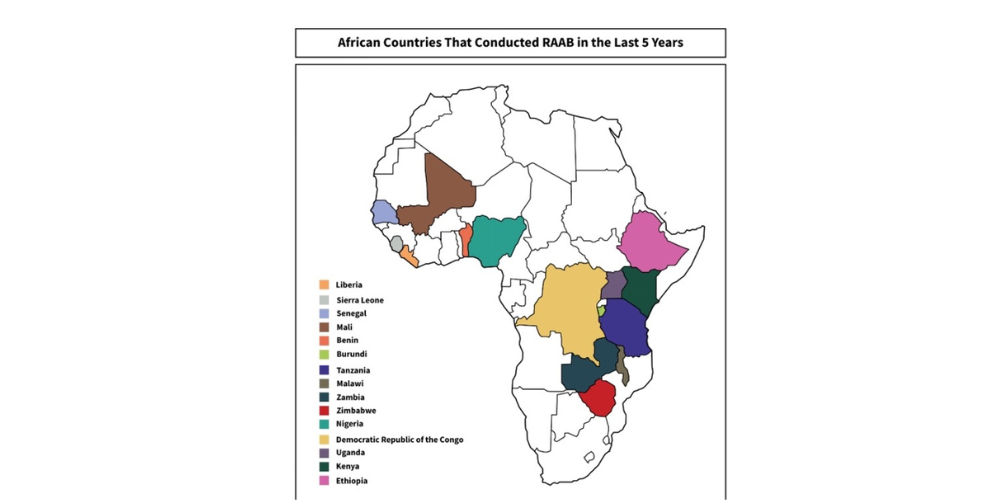
25.03.2025
Kristine Nyabera
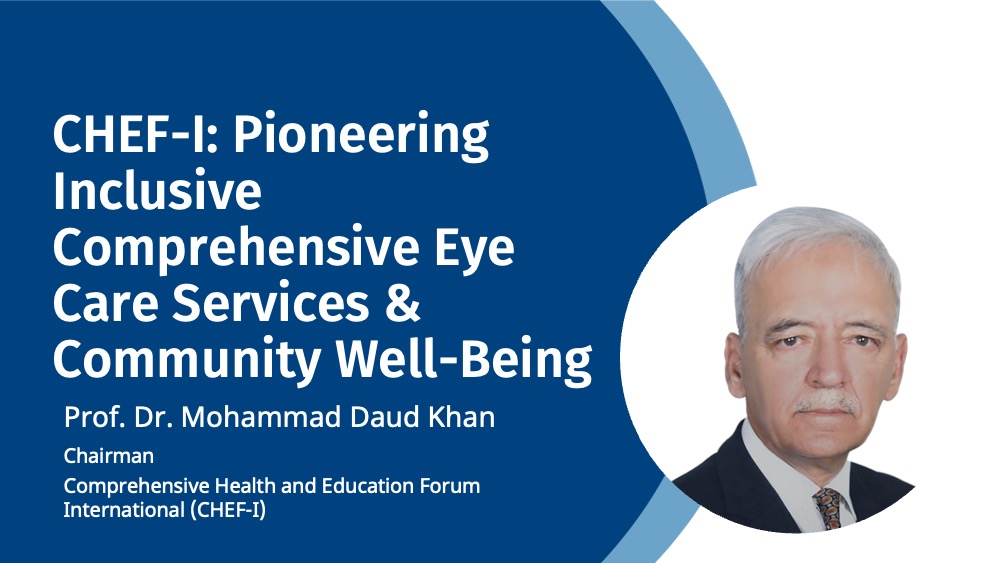
06.03.2025
Prof. Dr. Mohammad Daud Khan

23.12.2024
Kristine Nyabera




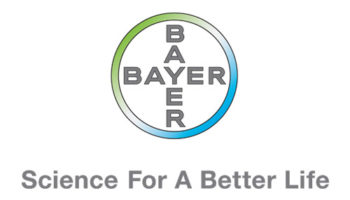



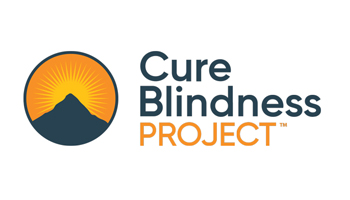
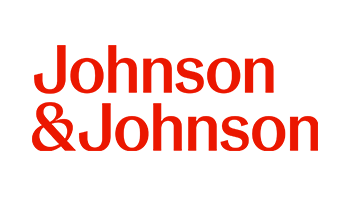
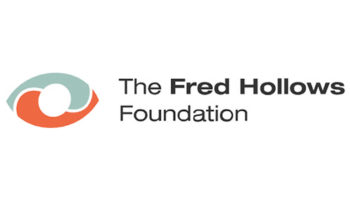
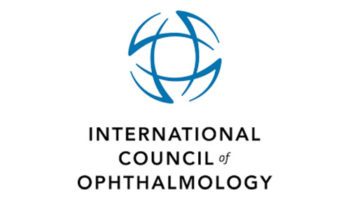
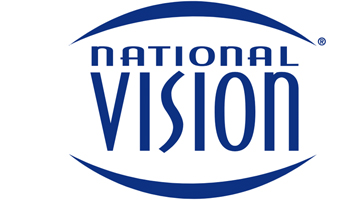


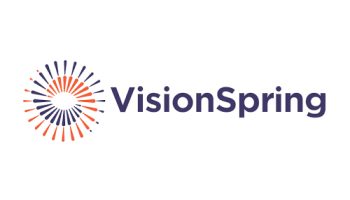
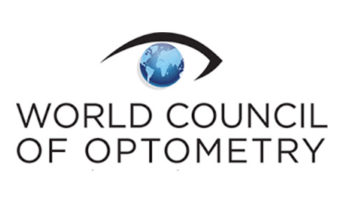
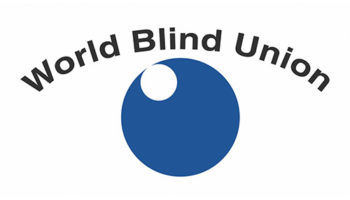
Join a powerful, unprecedented alliance for better eye health for all.
Join IAPBReceive all the latest news, webinars, campaigns, events and more right to your inbox.
Join Mailing List
